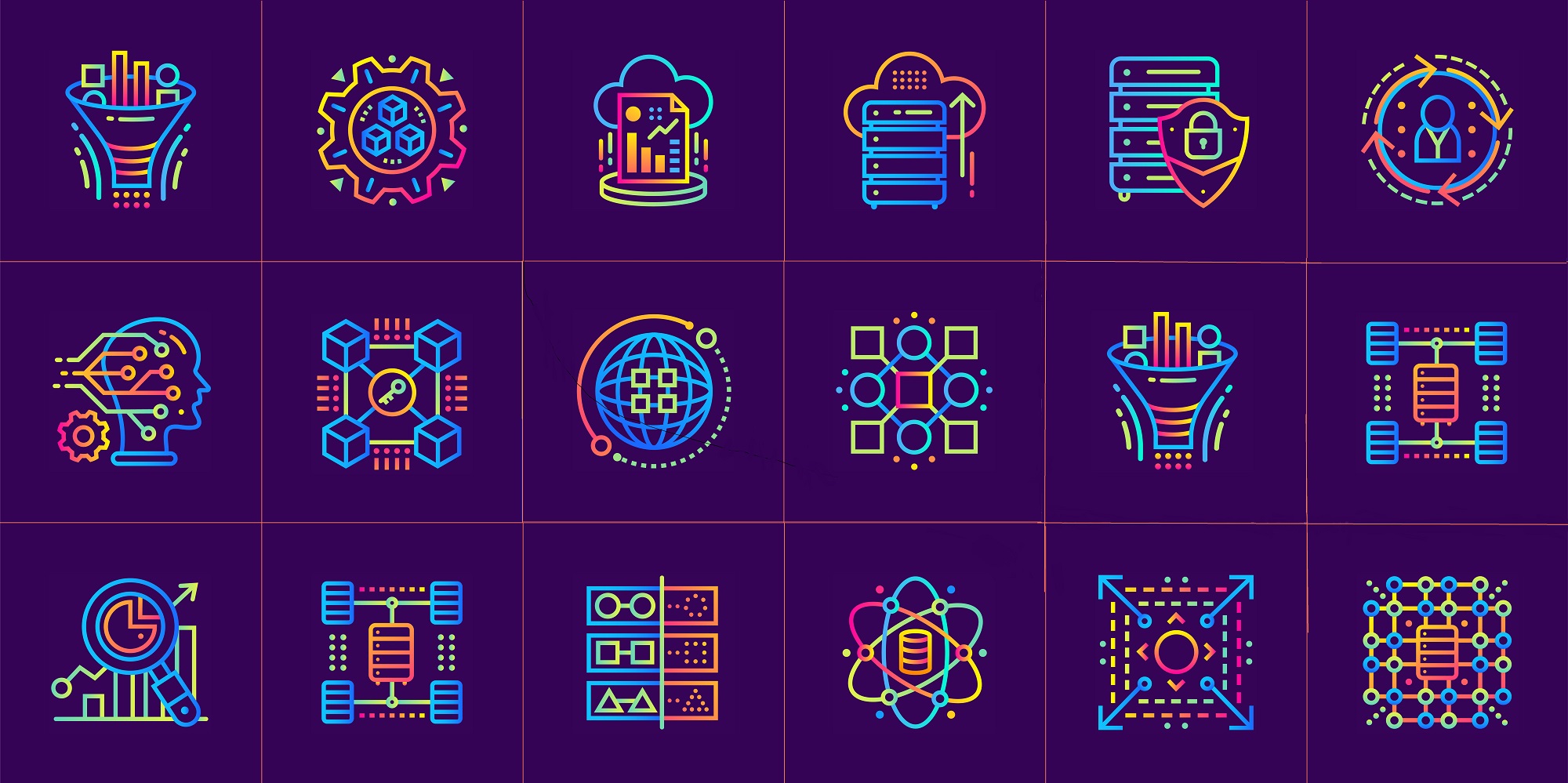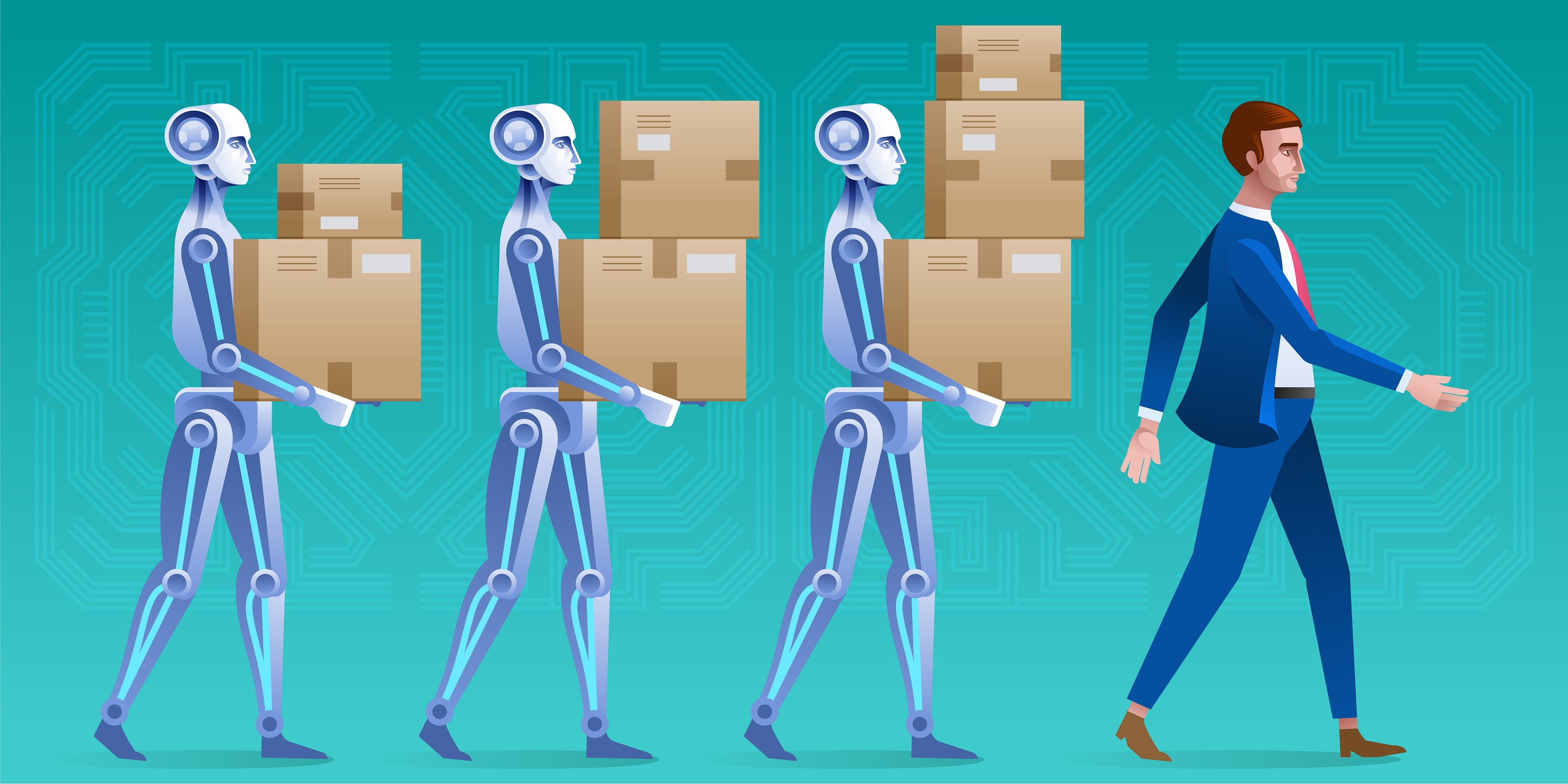
Tag: algorithms
Face Masks Causing Problems for Facial Recognition, NIST Says
COVID-19 has apparently completed what AI ethicists started: Eliminating the public use of facial recognition technology. At least, that’s one possible conclusion that can be drawn from a new study from the National In Read more…
MIT Aims to Ease AI Programming
A new AI programming language seeks to ease the process of writing inference algorithms and other predictive models without the hassle of grinding out complicated equations and code. Among the goals of the probabilist Read more…
Accelerating Neural Network Design
The design of a neural network architecture remains a daunting problem, requiring human expertise and lots of computing resources. The soaring computational requirements of neural architecture search (NAS) algorithms use Read more…
Data Competition Upgrades Zestimate Accuracy
The ability to reckon the value of what for many is their most valuable asset increased with the award this week of the Zillow Prize, a contest to tweak the accuracy of its Zestimate algorithm. The winner of the $1 mi Read more…
Algorithms Aim to Unclog the Skies
Researchers are churning out new algorithms initially designed to improve situational awareness in the sky while also helping pilots avoid dangerous weather and costly flight delays. Knowing where you are on the cloud Read more…
Study Pours Cold Water on AI Driving Algorithms
A recent report emerging from the center of U.S. auto manufacturing rains on the AI parade with research results claiming autonomous vehicle algorithms fare poorly in bad weather. The study by researchers at Michigan Read more…
Movie Recommendations with Spark Collaborative Filtering
Collaborative filtering (CF)[1] based on the alternating least squares (ALS) technique[2] is another algorithm used to generate recommendations. It produces automatic predictions (filtering) about the interests of a user Read more…
Do Amazon’s Biased Algorithms Spell the End of AI in Hiring?
Amazon recently cancelled an AI-driven recruiting program after it was discovered that it led to bias in hiring recommendations. But does that mean that machine learning has no role in human resources? The data, as you m Read more…
Instant Data Science
If you have skimmed through the high tech job listings lately, you’ve surely noticed the demand for data scientists. Although there is no consensus on the exact job definition, many companies want data experts and are Read more…
ML Powers Discovery In GE’s 500 PB Lake
Like most Fortune 50 firms, General Electric relies on an abundance of computer systems to power its enterprise. And like most firms that size, synching up and aligning the data emitted by different systems is a major ch Read more…
Immuta Cashes In on Data Privacy Scramble
Immuta Inc., the data management for AI vendor, said it will use a $20 million funding round to establish a European beachhead in London as it sharpens its focus on helping enterprises develop “ethical” AI algorithms Read more…
Data Science Success All About the Models, Domino Says
Forget about being "data driven." What you really want to be is "model driven," according to the CEO of Domino Data Lab, which today unveiled its new vision for elevating the predictive model as the single most important Read more…
The 10 Step Guide to Mastering Machine Learning
Artificial intelligence (AI) and machine learning are transforming the global economy, and companies that are quick to adopt these technologies will take $1.2 trillion from those who don’t. Businesses that fail to take Read more…
‘Dual-Use’ AI Poses New Security Threats
While the genie may already be out of the bottle, the rapid growth and broad availability of AI and machine learning technology along with a growing list of development tools is prompting critics to highlight future secu Read more…
Algorithms Go to War
There are few enterprises accumulating more sensor and video data than the U.S. Department of Defense. For analysts, that means sitting for hours each day in front of screens observing full-motion video and other reconna Read more…
Keeping Your Models on the Straight and Narrow
Organizations of all stripes have adopted predictive models to help drive decision-making. But an increased reliance on machine learning can quickly turn into an expensive liability if bias, privacy, and other concerns a Read more…
Advice to AI Startups: Lift Veil on Algorithms
The hardheaded folks who advise investors on what technologies show promise and which are mostly smoke and mirrors are beginning to weigh in on much-hyped approaches such as machine learning. While venture capital keeps Read more…
Kinetica Gets Fuzzy with In-GPU Algorithms
Fuzzy Logix made its name by providing analytics that ran inside MPP databases, giving customers a 10x to 100x performance boost compared to standard relational databases. Now that it's ported its library of algorithms t Read more…
Artistic Algorithms, Deep Learning Shift to Cloud
Application builder Algorithmia has expanded its marketplace to include a cloud-based platform for creating deep learning environments for training style transfer models, a type of filter that can for example convert ima Read more…
Facebook AI Efforts Seen Lagging
Facebook's artificial intelligence efforts, particularly algorithms used for automation of applications such as news feeds, are coming under heavy fire from at least one critic who argues AI "is emerging as a major weakn Read more…


















































